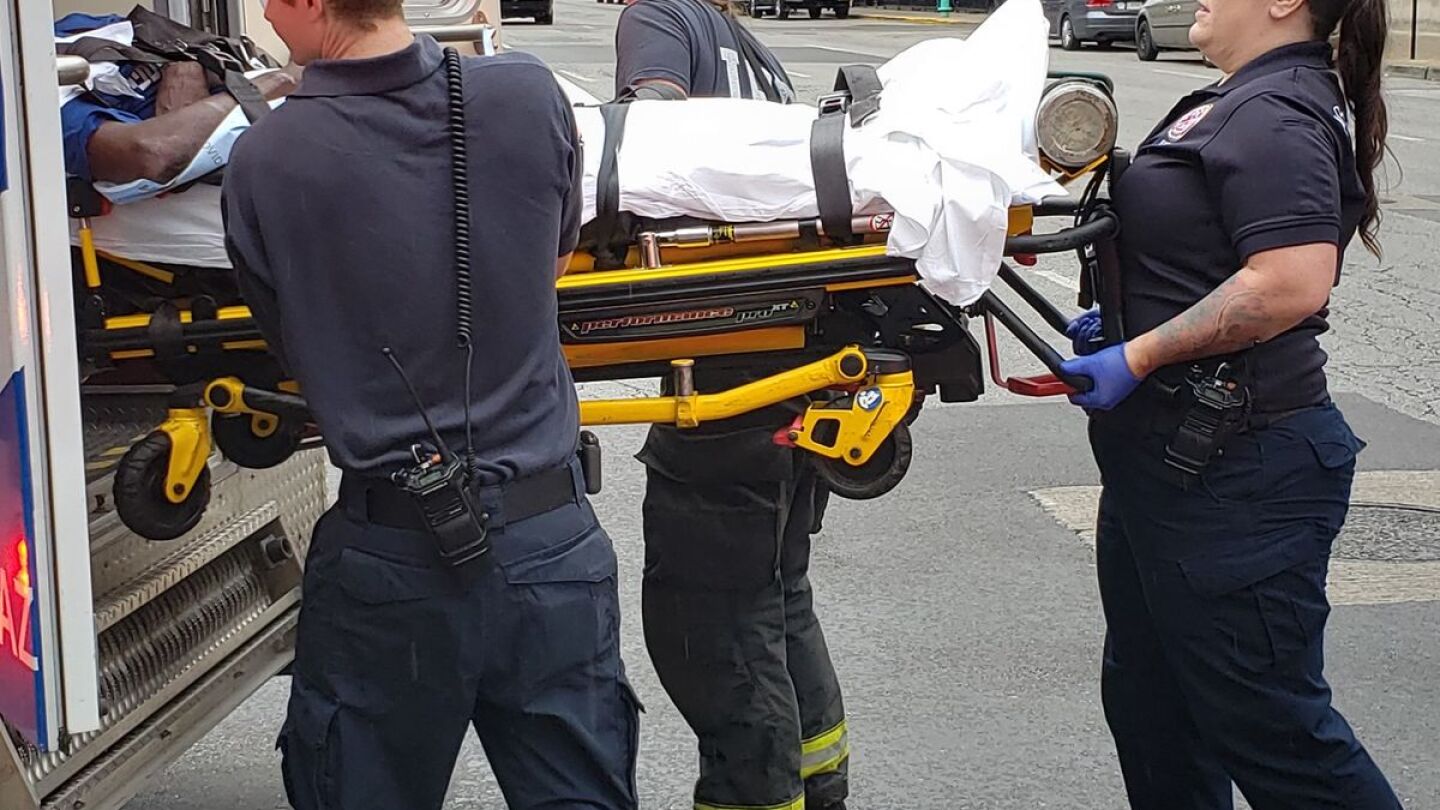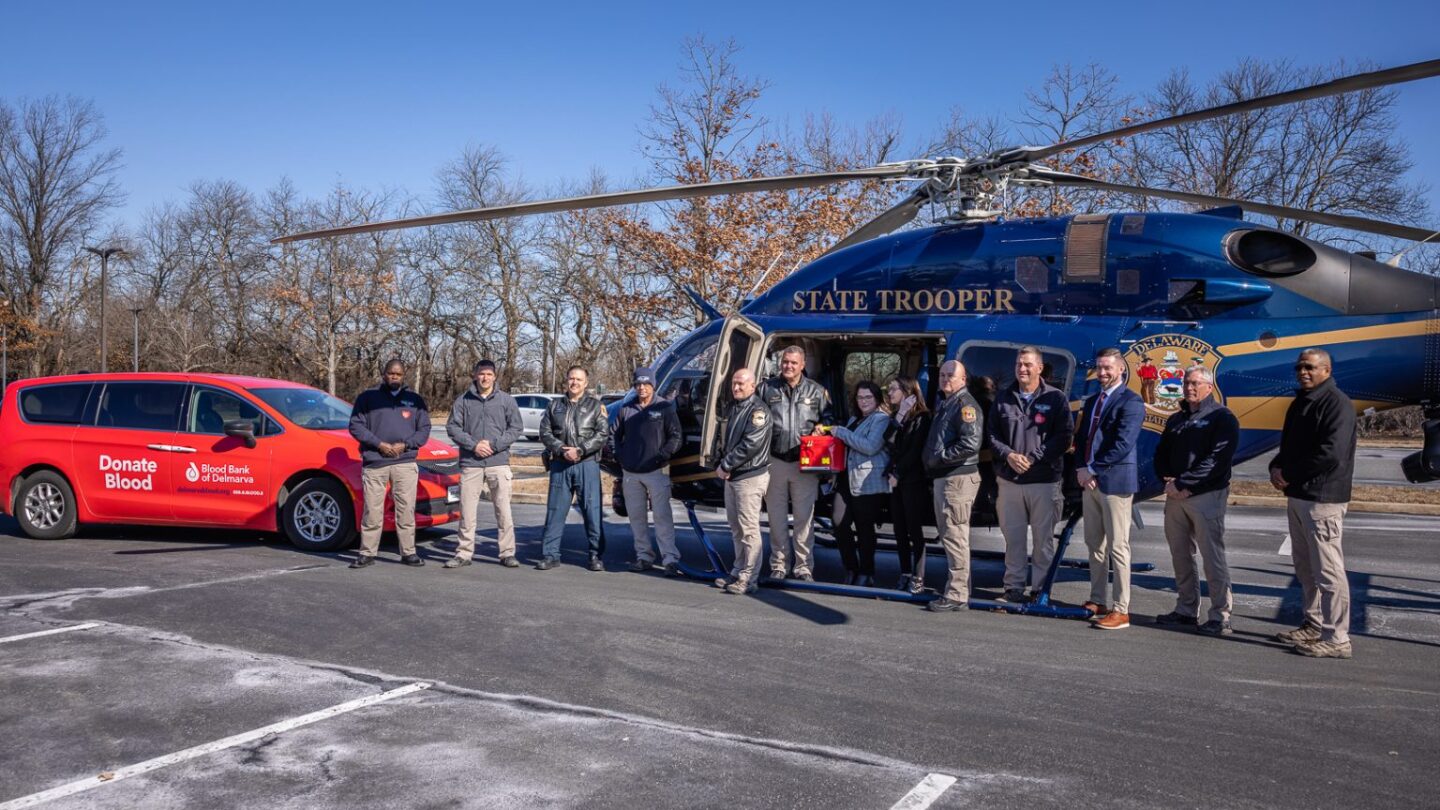Stop The Bleed
Keep these considerations in mind, and you can be confident in a choice the end users will be pleased with
A whole blood program benefits patients, is easy to institute and saves lives
Flail chest, tension pneumothorax, cardiac tamponade and pulmonary contusion have unique presentations, but all jeopardize vital functions
The global campaign trains civilians in tourniquet use, wound packing and more — skills that can mean the difference between life and death before first responders arrive
A father and son realize their destiny is assessing and treating blaster and lightsaber wounds in a galaxy far, far away
Monongalia EMS will begin administering whole blood in the field starting May 1, becoming just the third agency in West Virginia to offer the lifesaving service
University Hospital’s transfusion program aims to boost trauma survival by treating severe blood loss before patients reach the hospital
Fort Worth EMS vehicles now carry whole blood, a major step in improving trauma care and aligning with Dallas’ recent efforts
Warning signs and a checklist for evaluating patients after a lift assist
Hackensack University Medical Center’s paramedics can now administer blood transfusions in the field thanks to a new state waiver and expanded blood bank license
Ventura County paramedics performed their first in-field whole blood transfusion during a critical stabbing response in Oxnard
The Kenosha Fire Department became the state’s first fire-based EMS to carry whole blood on all front-line ambulances
Virginia becomes the 15th state to pass bleeding control legislation, joining national effort to improve trauma response before EMS arrives
U.S. Army Reserve soldiers prepare for mass causality scenarios, medical evacuations and ambulance arrivals with simulation training
The Birmingham Crime Commission is advocating for the expansion of the fire department’s whole blood program, which has saved over 90 lives since its launch
Rockwall EMS personnel trained on the use of the new tourniquet and whole blood in a combination of advanced hemorrhage control
Cobb County Fire & Emergency Services’ Medical Operations team, along with Puckett EMS, successfully administered whole blood to an MVC patient with a partially amputated limb
Delaware has expanded access to life-saving whole blood transfusions in emergency situations, with every medic agency in the state now carrying it
Dallas Fire Rescue’s pilot program launched in areas chosen for rapid response to gunshot wounds, stabbings and other trauma
Experts say expanding pre-hospital blood programs could save thousands of lives each year
Enfield EMS is the fourth agency in New England to establish a whole blood program
Equipping citizens to put down the cell phone and save lives in an emergency
Sarasota Assistant EMS Chief Brian Nadler believes his sister-in-law could have been saved with this measure
Carrying a tourniquet at all times proved valuable for the Manhattan EMT
We train extensively on blunt trauma and GSWs, but stab wounds also present a real danger for patients
Day 1 of the Wisconsin EMS Association conference featured sessions on sepsis, electrolyte imbalances, facial trauma and traumatic amputations
Burnsville paramedics will be among the first in the state to use whole blood in the field
The Kanawha County Emergency Ambulance Authority is in the final process of beginning to carry whole blood on ambulances
First responders worked 60 feet above the ground, inside a grain silo in Boyceville to free a person trapped in a sweep auger






























